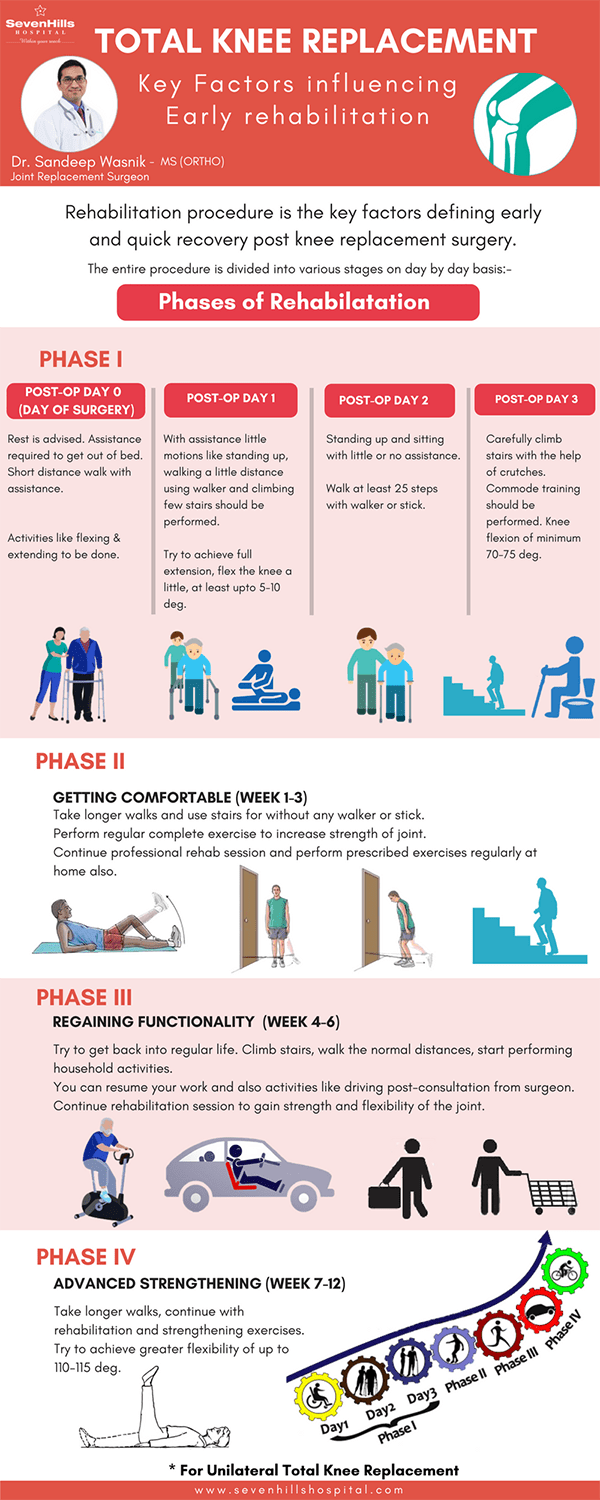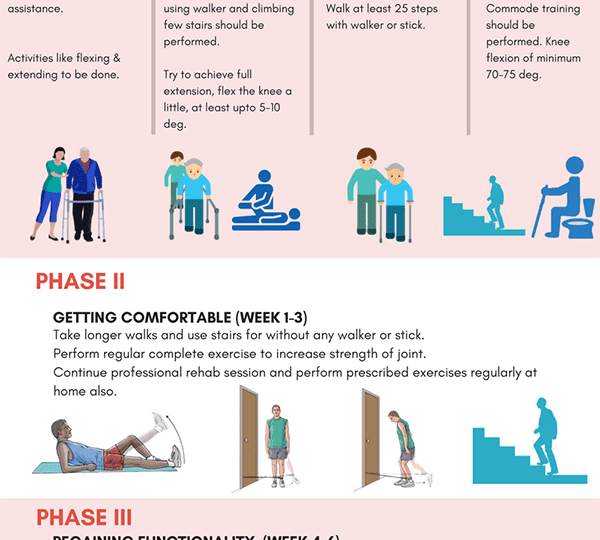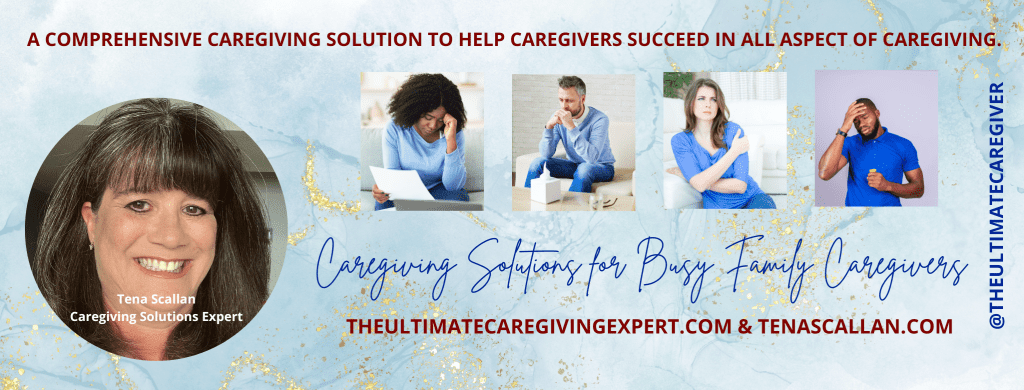Knee surgery is possibly inevitable with advancing age. Our senior loved ones become victims of degenerative arthritis and poor bone health. Degenerative arthritis affects the joints of our loved ones. We are making mobility much more difficult to declare them. Cursor As a result, we find them often complaining about knee pain—and associated stiffness in the surrounding area. In the initial stages, we are given medications to lessen the pain. And restore the mobility of the surrounding tissues, however, when drugs and therapies fail to bring about positive results. Knee replacement surgery becomes the last resort.
Essential tips to keep in mind before knee surgery
The success rate of patients with knee surgery is about 90%. However, seniors undergoing surgery should keep realistic expectations despite a drastic reduction in pain. And improved mobility after the surgery. Seniors are still unable to feel as healthy as they were before. Furthermore, having unrealistic hopes becomes the primary cause of depression for seniors. When they cannot gain complete control over their mobility within a week after. Good emotional well-being is essential for a speedy recovery and a better prognosis. Therefore, having realistic expectations would help our loved ones recover faster post-surgery.
The surgery
Knee replacement surgery involves general anesthesia. They then removed the damaged part of the knee, replaced it with artificial material, and attached it to the thigh bone (femur). The recovery period depends on the type of technique used. In some cases, minimally invasive procedures require a shorter recovery period. This, however, depends on the condition of the patient and the extent of knee damage. Patients who undergo surgery in both knees require a more extended recovery period. Dealing with pain and restricted mobility post-operation.

What to expect from your surgery
Standing up on your feet after knee replacement surgery is complex. And needs much endurance and courage on the part of our senior loved one. Therapy and rehabilitation play a crucial role during the recovery process. Medications help to ease the pain. But regularly following the treatments will speed up the healing process. Post-surgery, our loved one has to bear some changes and pain in the following weeks—an attempt to summarize some of the essential key features of what one can expect after surgery.
-
Week 1
The week you undergo your surgery. Therapy will begin the next day after surgery. You will be on your feet the next day for a small duration. A therapist will help you with your exercises, and you will also learn knee-strengthening practices. You will use a walker to assist you while walking.
-
Week 2 – 3
Usually, by this time, the pain should go away. And you would be more comfortable moving around with your walker. Of course, medications and physical therapy are also essential components during this phase.
-
Week 4 – 6
It’s already been a month since you got your knee replacement done. You will notice a significant improvement in your pain and mobility by this time. You could move around on your own without the help of assisted devices. You will slowly get back to your routine. And should begin enjoying your daily activities without any pain or difficulty—such as climbing stairs, or long-distance walking, which seemed difficult pre-surgery. You can now do it with ease and comfort. A complete 100% recovery from a total knee replacement surgery will take about 12 months if you experience unusual pain during this period, stiffness, or any other discomfort. It is best to consult your doctor immediately.
Tips to help your loved one recover from knee surgery
Undergoing knee replacement surgery is not an easy decision for our seniors. Those who want to get their knees replaced. Often make this decision due to the several disabilities and pain they suffer from. However, the success rates of knee replacement surgery are excellent, with minimum reported cases of failure.
The first few days at home after discharge from the hospital are challenging. You may find your loved one is not in a good mood, frustrated and scared, due to the surgery and their inability to move around independently.
Dealing with this and being careful not to irritate the condition any further can cause strain on you as the caregiver. So here are some great books to help you now.
Making your loved one comfortable after a knee replacement surgery
-
Set up the recovery room well in advance
Once you plan the surgery. You must also begin making arrangements to set up the recovery room. The recovery room should have the following things:
- Pillows to elevate the lower leg whenever required
- Walkers and other assisted devices
- Medications should be appropriately arranged along with the written schedule
- Comfortable shoes that would help them walk with ease in the room
- Mobile and charger so they can call for help in case of emergency
- Commode and urinal if a bathroom is not inside the room
- f there is an attached bathroom, make sure you install grab bars inside the bathroom. This will give support to your loved ones and prevent sudden falls. Also, makere you arrange for a raised toilet seat to make it easy to sit and get up from the toilet.
-
Make the room fall-proof
Remove rugs and other items that can cause your loved one to trip over and fall. Remember, it is vital to prevent falls and accidents after knee surgery. Install grab bars in the room, too, so your loved one can hold them for support whenever necessary.
-
Wound care
Dressing the wound is very important; you must help your loved one with it.
-
Help with medications
Help your loved ones with their medications, so they don’t miss out on any. You can do this for the first few days after they are home. Then, after 2 – 3 weeks, your loved ones can help themselves with their medications.
-
Take charge of household chores.
It would be impossible for your loved one to continue the household chores after surgery. So it would help if you took over the responsibility so your loved one can continue their rest, exercises, and therapies for a good and speedy recovery.
-
Don’t miss out on a single follow-up checkup.
After the discharge of a loved one, you must take them regularly for each follow-up appointment. This is necessary as the doctor will assess the recovery progress. And suggest changes in medicines or therapies if necessary.
-
Give your loved one a nutritious meal.
Along with medications, rest, and therapy. A nutritious meal is also necessary for a speedy recovery and wound healing. So give your loved one a healthy meal containing a good dose of vitamins and minerals.
-
Emotional support
It is essential to keep your loved one happy. The recovery after surgery can make your loved ones sad, depressed, and irritated. The inability to move around and the sudden dependence on other family members. It will make them feel helpless and frustrated. Therefore, you must give them emotional support, so your loved one does not face any problems during recovery.
Caregiving group
Caregiving can be challenging, frustrating, and highly stressful!
But it doesn’t have to be that way.
I will tailor the sessions to your specific needs to:
Additional Education
Education in caregiving refers to acquiring the knowledge, skills, and understanding necessary to provide care for individuals who require assistance with activities of daily living, such as bathing, dressing, eating, and grooming. This education can be obtained through formal programs or on-the-job training and experience. Education in caregiving aims to equip individuals with the skills and knowledge necessary to provide high-quality, compassionate care for those in need.
Caregiving can be challenging, frustrating, and highly stressful!
But . . . it doesn’t have to be that way.
Imagine . . .
- Giving care with expertise and confidence
- Managing your loved one’s daily activities in an organized and structured way
- You follow a proven caregiving system that provides for your loved one’s needs while giving you peace of mind.
If the above sounds like what you need and have been searching for desperately . . . Then you need to enroll in The Ultimate Secrets to Caregiving with LESS Stress and MORE peace course!
Conclusion
Knee replacement surgery requires a lot of preparation from the patient and their caregivers. Therefore, you must keep yourself and your loved ones well-prepared in advance. So that the entire episode can be comfortably managed and completed, all the tips mentioned above will help you help your loved ones recover. Here is another website that will help further. Also, check out my other post.
Attending to your loved one after knee surgery can be difficult, but it’s not impossible. With the proper knowledge, you can do this. Remember to take care of yourself and keep your business going while caregiving. I’m here to assist you on this journey. Schedule your planning session with me to see how to keep your life and business running smoothly.



